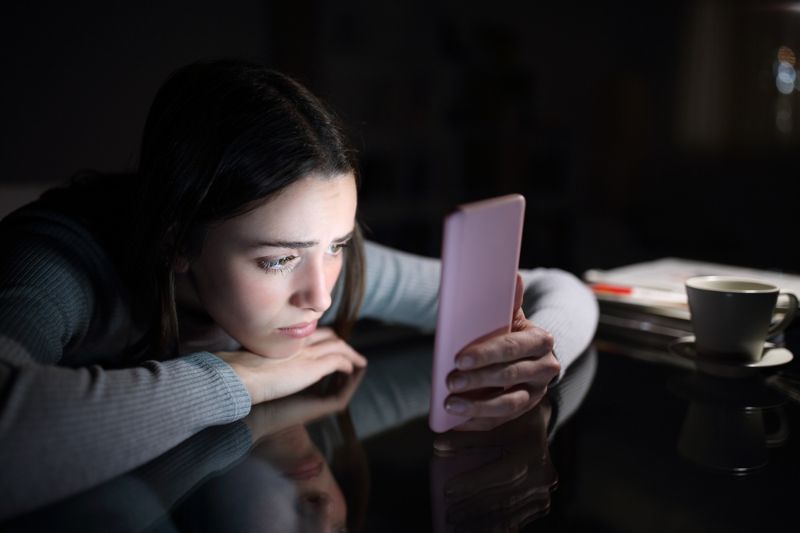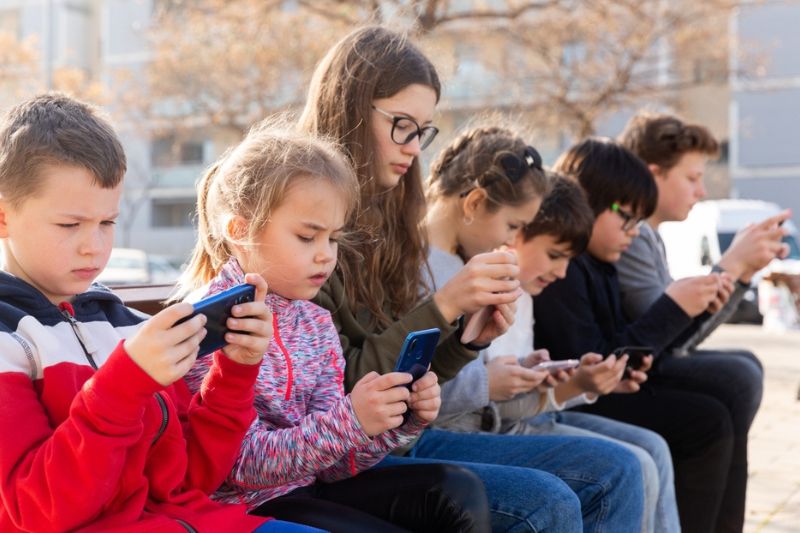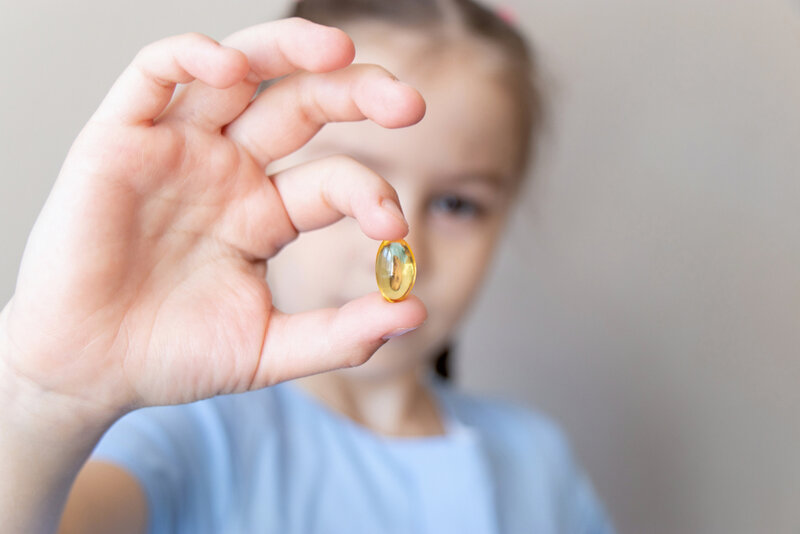The smartphone has been one of the most amazing products in our lifetime. A digital Swiss army knife with endless possibilities we all enjoy on a daily basis. But it is not all good, and with respect to children, it is nothing short of harmful according to the experts. Are smartphones harming your children? Dr Charles Brantly discusses
The Research about Smartphones
The USA has been leading the way in researching this topic through people like Jonathan Haidt and Jean Twenge. The data is unambiguous if you look at the sum of all the evidence and it is particularly bad for teenage girls. The more time your child spends on a phone or tablet, the more likely they are to sleep badly, be socially isolated, struggle to concentrate, feel depressed or anxious.

If you then look at the harmful effects of social media specifically, the consequences are even more sinister. Cyber bullying, cancel culture, sextortion and addictions to devices are causing serious consequences to “Gen Z” (those born between 1997 and 2012) including rising rates of self-harm and suicide. We don’t yet know what it will do to those born after 2012 but the trend is only getting worse.
The USA is so influential that they export not only the positive aspects of their culture but also the negative. When America sneezes, the rest of the world catches a cold. This is felt most immediately in other English-speaking countries like the UK and Australia, with similar data to suggest declining child mental health. While technology is not the only influence on our children, the research is shows that it is the most significant.
The medical community places a huge emphasis on defining the problem and making a correct diagnosis. So, let’s be clear about the condition we are facing: child mental health is getting worse and smartphones (mostly through social media) are a significant cause.
A play-based childhood has been replaced by a phone-based childhood without the full understanding of the pros and cons by either parents or the children themselves. Freya India writes about how she and fellow Gen Z kids were given phones and tablets “so early on that they barely remember life before them”. That every moment had to be captured on video instead of truly experienced, that “likes” from strangers were more important than forming meaningful relationships in the moment, that looking good on screen was more important than being good in real life.

What is the cure for this condition? In short, take away the phones and free your children! As Abigail Shrier writes in her new book Bad Therapy, sometimes the best cure is simply “removing the bad stuff and making space for the good”. If we can all agree on one thing it is that we love our children and want what’s best for them. Often this is easier said than done but if we act thoughtfully, with love and follow the best evidence available, then there is nothing to regret. We don’t ask a young child’s opinion about whether they want to take their shots, brush their teeth or go for a check-up at the doctor. We tell them this is important, that’s its good for them, and if necessary, we make them.
There is of course some significant difference between how to take a phone away from a 6-year-old and a 16-year-old. Objections such as “my teenager just won’t listen to me” or “all her friends have a phone, she will feel left out” are among the most common obstacles standing in the way of well-meaning parents. But parenting is not a skill or expertise you learn from a book with tricks to make children do exactly what you say. It’s a relationship, built on love and trust and it’s not always easy. Imposing an unpopular decision on your child is one of many difficult things parents have to do and that children can get over.
Many will make the argument that responsible social media use is a better approach to take and Mark Zuckerberg would agree with you. You may even be told that the social media companies really care about the mental health of your children and are working to make things better. But the truth is social media has billions of dollars invested in algorithms designed to make you use them as much as possible. It is hard enough as a grown adult to make my phone a tool that I use rather than a tool that uses me. I certainly would not trust a child with poor mental health to do any better.
Once we can agree on the problem that smartphones pose to our children, and that in order to help them we have to take them away, then we can debate the details. It will take a ground swell of support from parents, as well as schools and local government for things to stick, but the most important points are simple enough:
- Phone free school. Many countries like Spain, Belgium and the UK are following the recommendations from UNESCO in passing legislation to ban phones entirely from the school campus.
- No social media accounts before 16. There is a legal age to smoke, drink and drive in almost every country in the world and social media should be treated the same given its potential for adult levels of harm and abuse.
- No smartphones before 14. If your child really needs to be able to call or text on a daily basis, use a flip phone or dumb phone
Parents will of course each chose how to expose their children to the smartphone in the home environment. Common sense recommendations such as limited use for music, photos, and video chatting with relatives would seem to be among the safest ways for children to learn how to use this technology. With less time spent on a screen and virtual world, children will have more time for all the things they really need. Fun and games. Risk and thrill. Activities after school and day dreaming on the weekend. Going outside to play then coming home for rest. Goofing around and making mistakes. Just being kids.
This article was written for Playtimes by Dr. Charles Brantly of Central Health
Related articles:
Digital Daycare: Children and Technology
Teaching kids about online safety and cyberbullying: A parents guide
How do children get addicted to video games?
Images: Courtesy of Shutterstock










